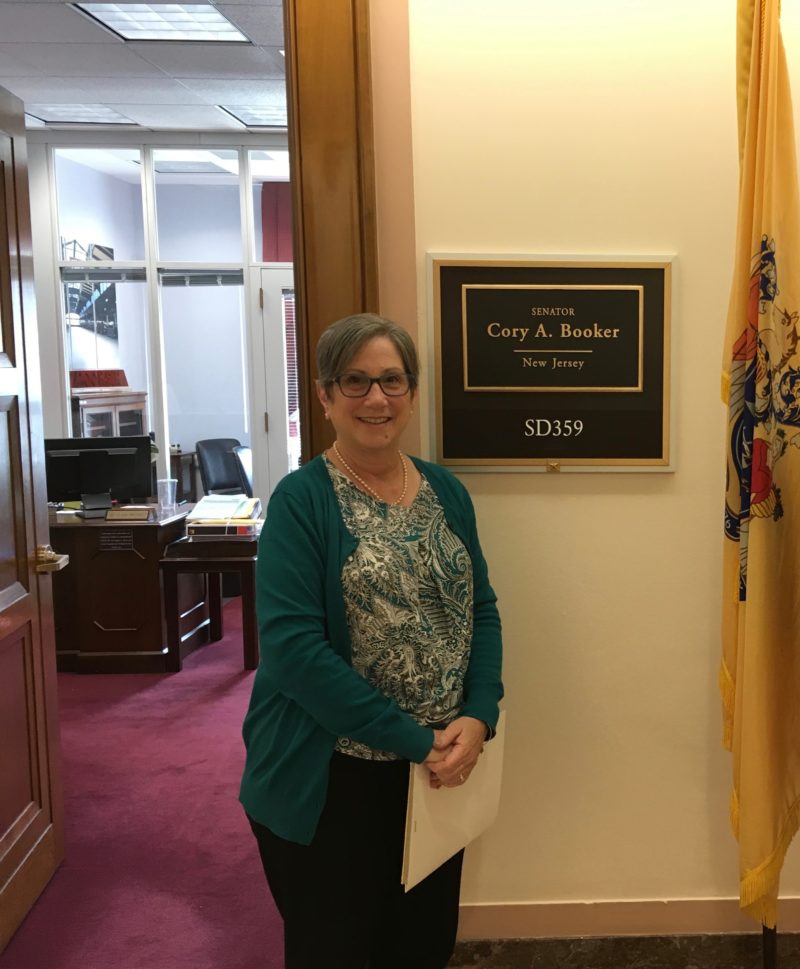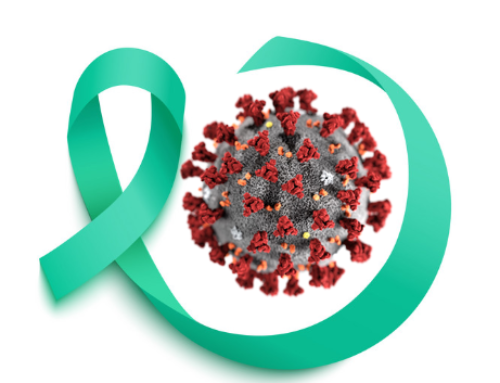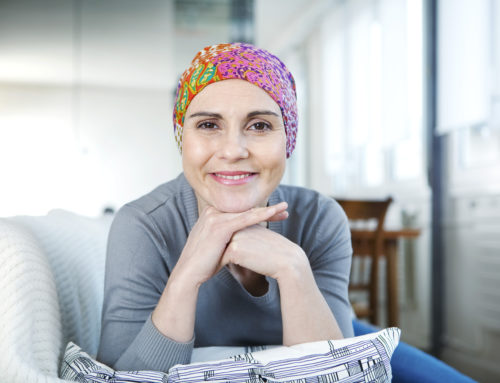WE CAN ALL BE ADVOCATES
I have worked in a number of different positions over the years, but my most recent one – as an ovarian cancer research advocate – is the one I have worked at the longest.
During the spring of 2006, as I finished my 9th cycle of chemotherapy for stage 3b high-grade serous epithelial ovarian cancer, I had a conversation with my gynecologic oncologist about how my insurance company had denied payment of my PET scan. The scan determined that the spot on my liver was not cancer and I could stop chemotherapy. She informed me that there could be a way to change similar situations for all patients. Then she recommended I apply to attend the Lance Armstrong Foundation’s (currently the LiveSTRONG Foundation) Survivors Summit in Austin, Texas that October.
I was hesitant and concerned I might not feel well enough to go, but I applied. I was thrilled when I was accepted and made the trip to Austin. I met many amazing cancer advocates from around the country, and together we worked in groups to develop solutions to the problems a cancer patient/survivor experiences. I learned the skills to create an action plan and how to advocate for myself.
In 2007, when I attended LiveSTRONG Day in Washington, DC I received advocate training of a different type – legislative advocacy. I learned how US government passed bills and the importance of increased funding for the National Cancer Institute and Centers for Disease Control.
Thru the years, I continued to build on that initial training and shared my story in countless ways, in person and via various social media platforms. I co-authored a book, attended medical conferences, spoke at a conference in Portugal, was a patient representative on a Clinical Guideline Panel, and co-founded a cancer community on Twitter for gynecologic cancer patients (#gyncsm- gynecologic cancer social media).
Have you ever thought about being an advocate? There are many different types of advocacy so I bet you can find one that fits you.
Start by learning about ovarian cancer. In this way you can advocate for yourself. Be sure to use reliable resources like those provided by the National Cancer Institute, World Cancer Research Fund International, the American Society of Clinical Oncology‘s Cancer.Net, and the European Society for Medical Oncology ESMO and International Gynecologic Cancer Society sites. The more you know, the more you will feel comfortable asking questions and discussing treatments and tests with your health care professionals. This step will help you advocate for yourself, those newly diagnosed with ovarian cancer and your “teal” sisters.
How can you help raise awareness? Become a volunteer for a local, national or global organization (like Globe-a-thon). There are countless ways you can help. You can attend events, help at health fairs, hang awareness ribbons, participate in social media and share your story with others.
In addition to advocating for yourself and others, you can become a cancer research advocate. After learning about the disease from those I listed above, you can follow new developments in ovarian cancer research shared by the NCI and organizations such as SHARE, OCRA, and NOCC (National Ovarian Cancer Coalition). When their annual meetings occur, I follow ASCO (American Society of Clinical Oncology), SGO (Society of Gynecologic Oncology) and AACR (American Association of Cancer Research) ESMO on Twitter. There are usually special hashtags just for those meetings . You can be aware of the latest research developments in treatment and support. I then use social media (Twitter, my blog, and Facebook) to share this news with my followers. I read ASCO Post, Cure Magazine, Cancer Today Magazine, and Coping Magazine as well as the SHARE newsletter. Having access to the latest news will allow you to better support the need for increased funding for ovarian cancer research and help other women who may be looking for treatments or clinical trials.
As a research advocate, you may have opportunities to attend medical conferences. Sharing your experiences with researchers assures everyone that patients and survivor needs are at the center of research studies and their outcomes.
It was my gynecologic oncologist who planted the advocacy seed for me, and it has blossomed to enrich my life by forming friendships with cancer researchers and others diagnosed with ovarian cancer. Will you add your voice to mine?
Globe-athon is proud to partner with Smart Patients, an online community where patients learn from each other about their cancer journeys. On Smart Patients, you can discuss issues raised in this blog post and beyond. Join here: https://www.





